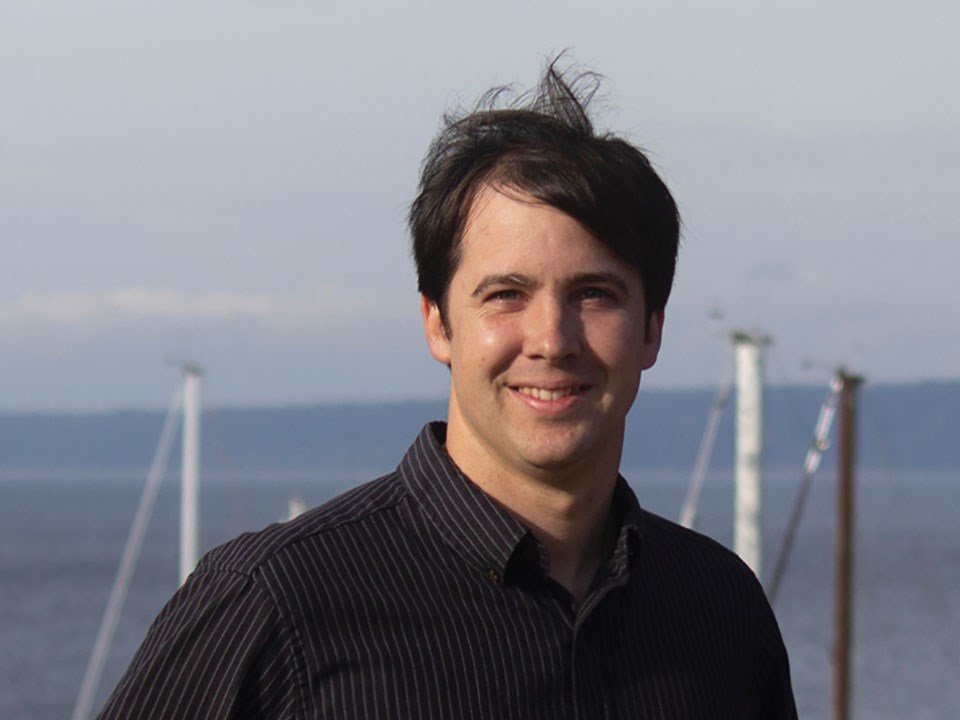qathet Regional District (qRD) Electoral Area B director Mark Gisborne is looking for harmony in governmental circles in this region.
In his second term as a qathet Regional District director, Gisborne said moving forward, one of the features the regional district needs is to set a new tone and direction, to come together and bring all parts of the region together through collaborative discussions.
“That includes the municipality, the electoral areas and Tla’amin Nation,” said Gisborne.
Something Gisborne has been advocating for, which was part of his electoral platform, is a regional growth strategy.
“The first step toward achieving a regional growth plan is to form a committee with elected representatives from the city, the regional district and Tla’amin Nation,” said Gisborne. “It would have a structured mandate. I believe if we can get everyone into the same room in an official structural capacity, where the meetings are open to the public and they have terms of reference, our goal would be to discuss regional growth. Through those discussions, I think we can discover a lot of opportunities about our shared goals and objectives.”
Gisborne said a lot of the challenges and problems the regional district has had are structural in nature, rather than personal in nature. He said no matter who sits in what seat on the regional board, there are still the same problems.
“The problem is with the seat itself,” said Gisborne. “We, as a community, with the mill being curtailed indefinitely – that should be the catalyst for our communities to come together and to build the district that should have been. That is going to require a lot of work and leadership and some really big changes.
“We can’t just keep doing the same thing we’ve always been doing because it’s not working. We need a new tone and a newer, collaborative approach.”
Other items on Gisborne’s platform include a regional water advisory committee to determine where there is to be growth, where is growth sustainable, and where can water and sewer infrastructure be placed?
A third item for Gisborne is land use.
“We’re using a system that is very old,” said Gisborne. “There’s a lot of work to update our official community plans, where we need to have discussions about what our new objectives are. Things have changed. How does that work with our regional growth?
“To tie it all together, there has been discussion at the Union of BC Municipalities and with the province about updating the provincial legislation around what regional districts can and cannot do. I believe that is going to have a big impact on this community. Our community structure has always been very different from the rest of the province.”
Gisborne said there are also big issues with housing and access to child care, agriculture and socioeconomic matters. He said the pandemic has also wreaked havoc with governmental processes. The best plan moving forward needs to be flexible because things can be in a state of flux and adaptation is needed, he added.
Gisborne said if the new regional board can be more open to differences of opinion and different ideas, it can work successfully for the community.
“If we do it right, we can really build the regional district,” he added. “My job is to work for the community and the electors of Area B. There are a lot of challenges in this community. I feel a great obligation and honour to serve the people of Area B.”
Gisborne and other area directors will be sworn in during a ceremony at Powell River City Hall on Tuesday, November 1.



